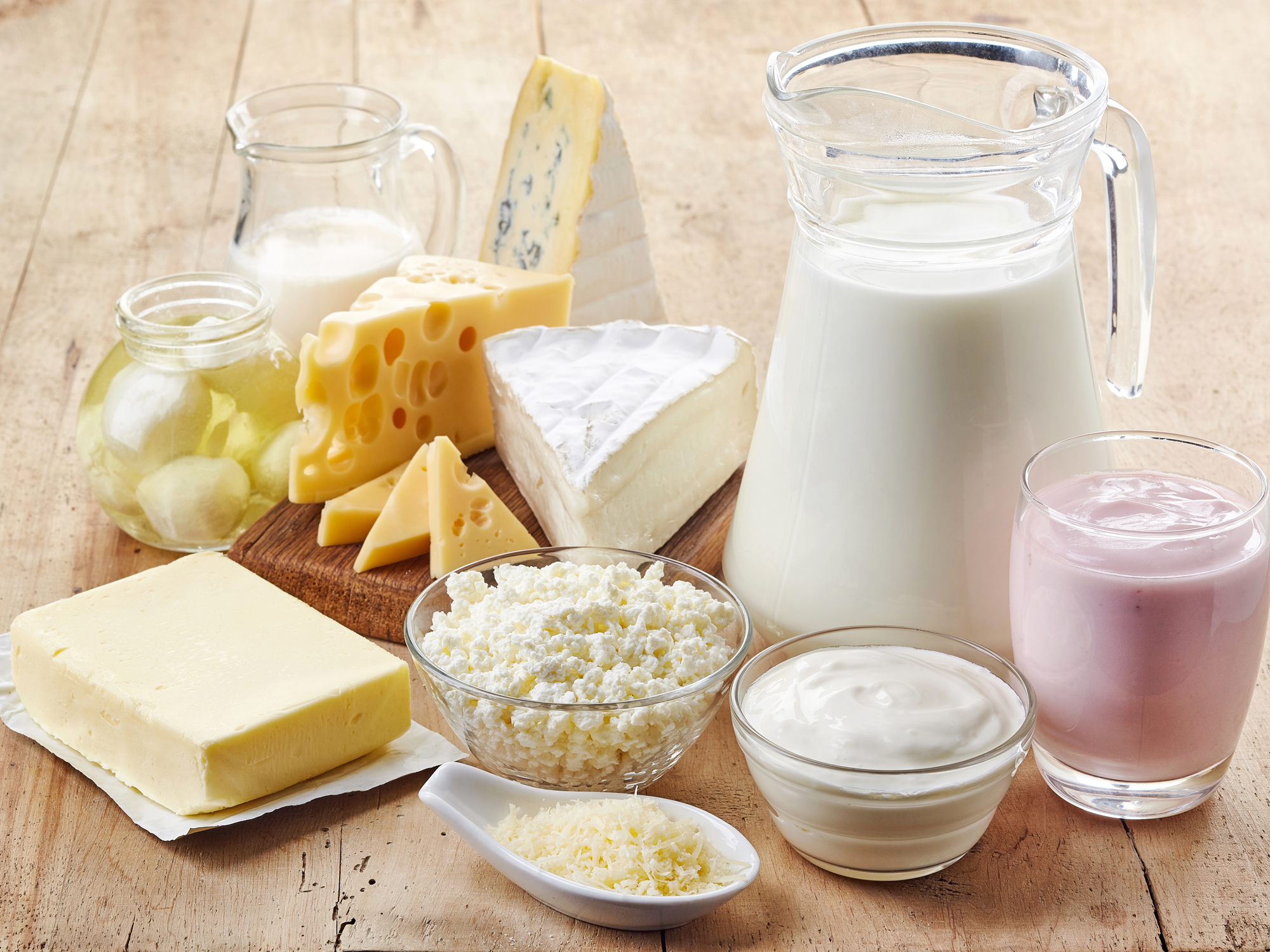Get Easy Health Digest™ in your inbox and don’t miss a thing when you subscribe today. Plus, get the free bonus report, Mother Nature’s Tips, Tricks and Remedies for Cholesterol, Blood Pressure & Blood Sugar as my way of saying welcome to the community!
The dairy that drops diabetes risk 70%

When it comes to health conditions, there’s nothing that speaks quite as loud as numbers.
So let’s just lay down some eye-opening stats:
- One-third of Americans have prediabetes
- 5 million Americans are diagnosed with type 2 diabetes every year
- 29 million Americans currently have type 2 diabetes
To put these numbers into some kind of context, it was predicted the US would reach 29 million with diabetes in 2050, not 2017 — but here we are!
Diabetes is a HUGE problem. And it looks like part of the reason it is could be attributed to wrong-headed nutritional advice we’ve been given for years…
The “right” dairy and diabetes
We know that diet is one of the most critical factors for influencing health. And this is especially true for people with prediabetes or diabetes…
Most of us know that dairy products are considered healthy because they provide calcium for our bones, along with other nutrients such as protein, magnesium, potassium and vitamin D.
But, since full-fat dairy contains higher levels of saturated fat — over the years we’ve been led to believe that low-fat options such as skim milk or low-fat yogurt were a better choice.
Related: Your heart called and wants dairy back
However, as it turns out, researchers have again busted this deeply entrenched belief…
In a recent study of almost three thousand adults, researchers set out to determine the relationship between dairy consumption and long-term risk of prediabetes among healthy people, plus long-term risk of type 2 diabetes in those who already have prediabetes.
As expected, the results showed that dairy intake is popular: the average weekly consumption is approximately 10.8 serves, give or take 6 serves on either side.
But the results for the type of dairy that’s protective, were incredibly surprising…
Risk of prediabetes in healthy people
Firstly, consuming dairy regularly was shown to reduce risk of prediabetes by 39 percent. In fact, the more dairy healthy participants consumed (14+ servings per week compared to <4), the less likely they were to develop prediabetes.
Secondly, if you’re one of the 36 percent of people who never consume yogurt, you may want to start…
An average 1.7 servings of yogurt per week was found to be protective, reducing risk by approximately 25 percent. Of course, it’s wise to avoid yogurts made with sugary fruit syrups on the bottom. Greek yogurts tend to have lower sugar content.
But best of all, if you love your cheese and cream — keep that love affair going: No associations were found between these foods and risk for prediabetes.
Risk of type 2 diabetes in those with prediabetes
Quite remarkably, high-fat dairy and cheese were the only type of dairy products associated with a lower risk of contributing to the development type 2 diabetes.
Not low-fat products, mind you — but the full, creamy, delicious fat options!
And the risk reduction wasn’t small either…
In fact, consuming full-fat dairy may reduce your risk of type 2 diabetes by as much as 70 percent!
And interestingly, the results of the study showed that it has a dose-dependent response — meaning, those with a higher intake (14+ servings per week compared to less than one serve) have the greatest risk reduction!
And one more piece of great news if you’re a cheese lover…
Even if you consume no other dairy, a higher intake of cheese (4+ servings per week compared to less than one serve) may reduce your risk of developing type 2 diabetes by as much as 63 percent!
Editor’s note: Are you feeling unusually tired? You may think this is normal aging, but the problem could be your master hormone. When it’s not working, your risk of age-related diseases skyrockets. To reset what many call “the trigger for all disease” and live better, longer, click here to discover The Insulin Factor: How to Repair Your Body’s Master Controller and Conquer Chronic Disease!
Source:
- Hruby A, et al. Associations of Dairy Intake with Incident Prediabetes or Diabetes in Middle-Aged Adults Vary by Both Dairy Type and Glycemic Status. — J Nutr 2017;147:1764–75.













